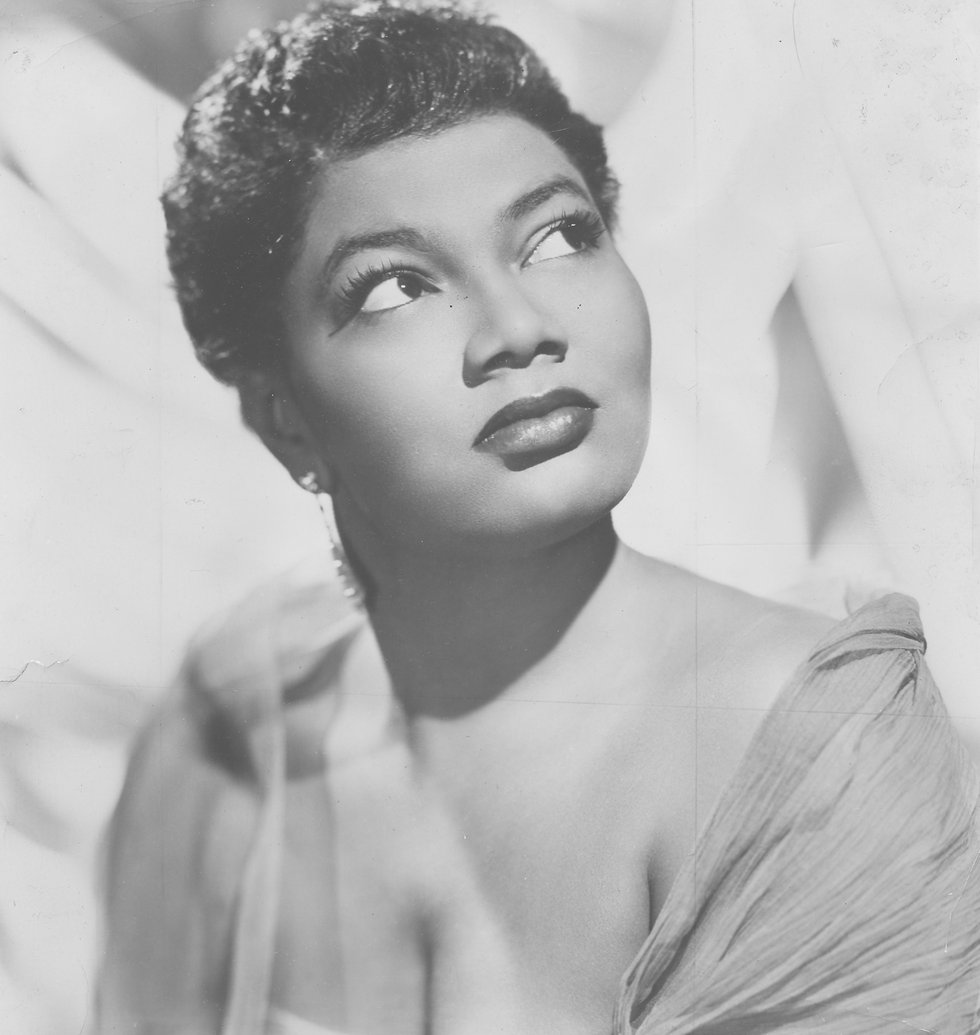Jim and Fran McGlothlin’s collection of 19th- and 20th-century American art, including works by John Singer Sargent and William Merritt Chase, is the gift of a lifetime for the Virginia Museum of Fine Arts.

Jim and Fran McGlothlin.

William Merritt Chase (1849-1916), “Gravesend Bay, Afternoon by the Sea,” 1888.

John Singer Sargent (1856-1925), “A Gust of Wind (Judith Gautier),” 1883.

George Wesley Bellows (1882-1925), “Tennis at Newport,” 1920.

Robert Frederick Blum (1857-1903), “In the Laundry,” 1884.

Frederick Childe Hassam (1859-1935), “Winter Nightfall in the City,” 1889.

Robert Henri (1865-1929), “Miss Kaji Waki,” 1909.

John Singer Sargent (1856-1925),”Venetian Wineshop,” c. 1898.

John Singer Sargent (1856-1925), “Girls Gathering Blossoms, Valdemosa, Majorca,” 1908-10.

Mary Cassatt (1844-1926), “Lydia Seated on a Porch, Crocheting,” c. 1882.
Photo by Richard Mink
It began with a boy. Robert Henri’s “Listening Boy” (1924) was the first painting Jim and Fran McGlothlin bought—on a whim—about 25 years ago at Christie’s auction house in New York. “I fell in love with that picture,” says Fran of the portrait of a young Irish boy in a red jacket. “That was the beginning of our collection.”
That first foray into the art world led to a gift last November, to the Virginia Museum of Fine Arts, of the McGlothlins’ collection of 73 works of American art valued at more than $200 million.
“Today may be the most important day in the history of the museum,” Alex Nyerges, director of the VMFA, told a crowd of several hundred supporters assembled for the opening of the much anticipated James W. and Frances Gibson McGlothlin Collection of American Art.
Spanning from 1830 to 1930, the collection comprises works from the Hudson River School to Modernism, by artists including John Singer Sargent, George Bellows, James A.M. Whistler, Winslow Homer, Mary Cassatt, Frederick Childe Hassam and others. According to the VMFA, it is the most significant collection of American art gifted to a North American museum in more than 30 years.
“A collection like this could never be built again,” said New York art dealer Michael Altman who, along with Theodore E. Stebbins Jr., consultative curator of American art at Harvard Art Museums, served as key advisers to the McGlothlins during the more than 20 years they spent assembling the collection. To the opening-day crowd he added simply, “No amount of money could buy it. It’s just not possible.”
“Any museum in the country would have been pleased to have this collection,” said Stebbins. “It’s a great day for American art, for Virginia.”
And it came much sooner than anyone expected.
“When we knew we were going to have a serious collection, we felt we had an obligation to donate it at the end so lots of people could enjoy it every day,” explains Fran. So, in 2005, the couple, who split their time between homes in Bristol and Naples, Florida, announced they would gift their collection to the museum after their lifetime. The same year they made a $30 million gift to help fund the VMFA’s expansion—a 165,000-square-foot wing completed in 2010 and named in their honor.
But last year, Jim, a Grundy native who is CEO and owner of Bristol-based United Co., and Fran, who is from Leesburg and has served on the boards of the United Coal Company Charitable Foundation and the couple’s family foundation, decided to fast-forward delivery of their promise. “Wouldn’t it be fun,” Fran says the couple mused while considering the possibility, “to have that warm and fuzzy feeling now, seeing people talking about the collection?”
And they have. In just its first week more than 15,000 visited. “That tells me that people are responding to all of our work,” says Fran.
It’s a new experience for the McGlothlins, too: “Jim and I have never seen all of our paintings together because they were in four different houses.” She praises the composition of the gallery—the progression of the works, the color on the walls, the lighting: “The Virginia Museum really did us proud. I can’t say enough about the job they’ve done and the credit they deserve.”
They had a lot to work with. For anyone interested in American art, the collection is a jaw-dropping assemblage of some of the period’s most famous names. John Singer Sargent’s “Mrs. Richard H. Derby” (1888), depicting the lady in a pink satin gown, is the first large-scale painting in the gallery devoted to Gilded Age realism and impressionism, and is flanked by one after another of the master portraitist’s work, including a charcoal drawing of his famous muse, Madame X. In the section on modernism, the exquisite lightness of George Bellows’ “Tennis at Newport” (1920) is perfectly juxtaposed with the gritty New York tenement depicted in his “Kids” (1906). George Luks’ ruddy-cheeked gentleman in top hat in “The Cabby” (1921), William Merritt Chase’s beruffled seated woman depicted in “In the Studio” (1884), and many others will be familiar to the art-savvy, who are sure to thrill at being able to get so close to these iconic works. Says one gallery security guard, “People keep saying the museum must feel like it’s hit the jackpot.”
The McGlothlins’ gift includes the works’ ornate gilded frames, about 50 percent of which are original. The other half, says Fran, were hand-carved “as closely as possible to the original” by New York firms Ely Wilner & Company and Lowy Frames and Restoration. (The frames are estimated to be worth from $60,000 to more than $100,000 each.)
Jim McGlothlin, a convivial man with a ready laugh, confesses to having had a lack of interest in art until his wife encouraged him to join her at that auction in New York so many years ago. “It’s funny because when Jim finally caught the bug,” explains Fran, “he became extremely involved in every purchase and developed a really good eye.”
On one trip to New York she describes her husband and art dealer Altman getting into a cab one night around 11:30 “after many brandies” to visit another art dealer they had woken and cajoled into letting them see a Martin Johnson Heade painting he was representing, despite the lateness of the hour. The dealer “answered the door in his skivvies and they took turns haranguing” him, laughs Fran. McGlothlin and Altman returned to the hotel around 5 a.m. with three paintings by the 19th-century artist known for his land- and seascapes. “When they got back, I was sound asleep and Jim said, ‘Fran, Fran, look what we got!’” He wanted to buy the works right then, she says, afraid that in the light of day they’d change their minds.
After more than 20 years it would seem only natural for the McGlothlins to now feel the absence of the paintings they worked so hard to collect. “We learned so much over the years from other collectors,” says Fran, including Frances Lewis, who first encouraged the couple to get involved with the VMFA, and “what they did, was they got really great reproductions” after making large-scale gifts. Using a company in New York, Fran says it took two years to reproduce the 73 paintings in the collection. “They look identical to the real ones,” she explains. “It made it a little easier.”
And “Listening Boy”? “We will give it to the museum someday,” says Fran, “but it would be hard for me to let it go, yet.”
The James W. and Frances Gibson McGlothlin Collection of American Art is on permanent display at the Virginia Museum of Fine Arts. VMFA.museum
The special exhbibition Rodin: Evolution of a Genius will be open through March 13.









